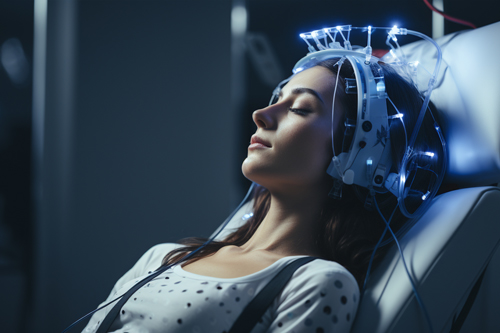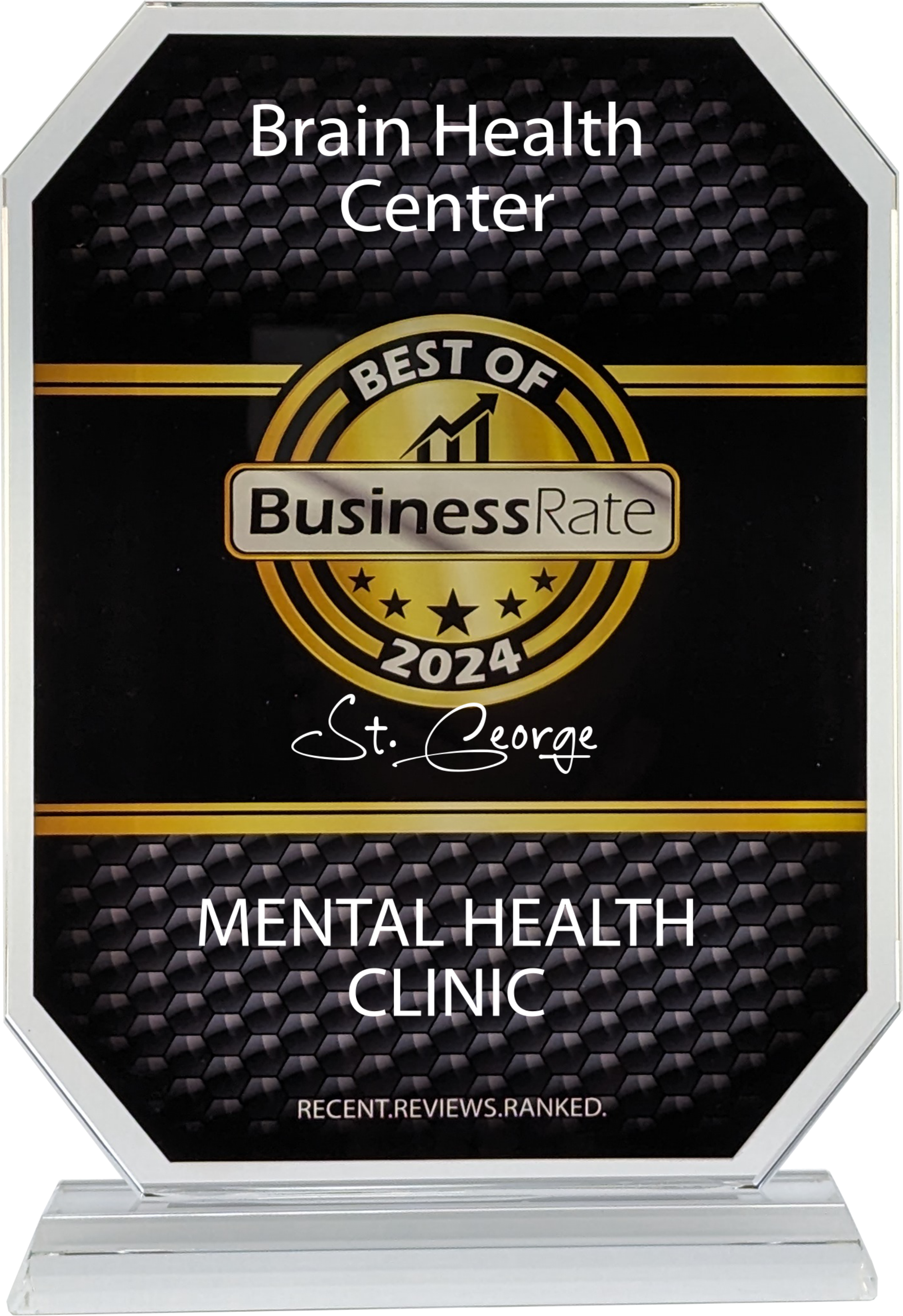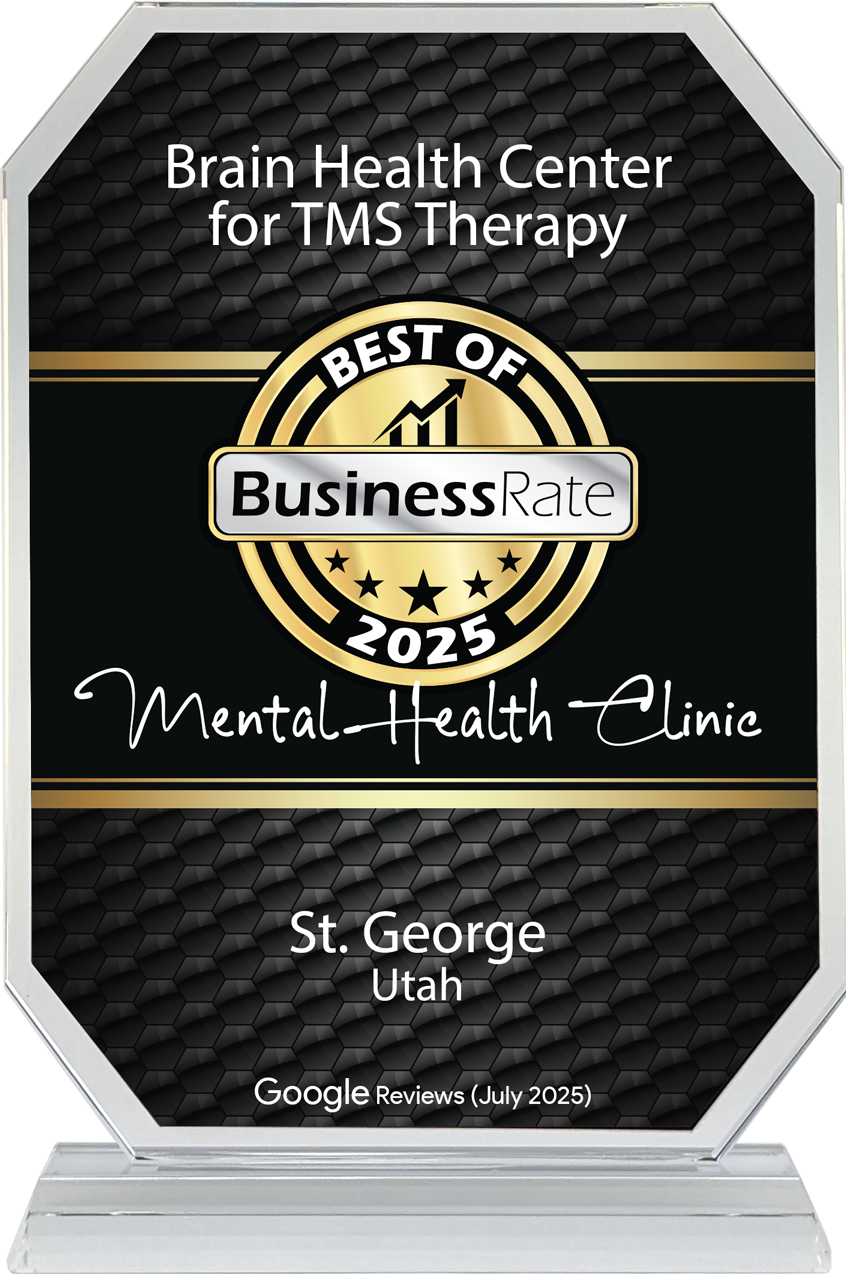TMS for Bipolar Depression
What is Bipolar Disorder
Bipolar disorder is a mental health condition that’s all about mood swings. It’s quite a rollercoaster ride for those who experience it, making treatment important.
We’re not entirely sure what causes it, but it’s a mix of genes, brain chemistry, and life events. If someone in your family has it, you might be at a higher risk. Basically, it impacts the way your brain’s neurotransmitters (those little chemical messengers) work.

Now, when it comes to symptoms, it’s like two extremes:
- Manic Episodes: Imagine feeling like you’re on top of the world. You have tons of energy, don’t need much sleep, and might do some impulsive stuff. You’re talking super fast, you’ve got a million ideas, and sometimes, you might have delusions.
- Depressive Episodes: On the flip side, you can also feel incredibly down. You lose interest in things you used to enjoy, sleep and appetite go haywire, and you might even have thoughts of hurting yourself.
And there’s something in between called “hypomania,” which is like a toned-down version of mania. When someone’s hypomanic, they’ll be in a pretty upbeat mood, full of energy, and doing a lot of stuff. But here’s the catch: unlike full-blown mania, hypomania doesn’t usually cause significant disruptions. Hypomanic individuals have a pretty good grasp of reality.
Treatments for Bipolar Disorder

Medications
Mood stabilizers, antipsychotics, and antidepressants are often prescribed for bipolar disorder. It can get tricky, though, since close monitoring is necessary.

Therapy
Talking to a therapist helps a lot. Therapists teach you how to manage your mood swings, identify triggers, and develop coping strategies.

Lifestyle changes
Keeping a steady daily routine, getting enough exercise, managing stress, and having a regular sleep pattern are super important.

TMS therapy
TMS therapy helps stimulate the prefrontal cortex, which regulates mood. This often works well with other treatment options or as a stand-alone option if other treatments haven’t worked.
Try TMS Therapy With Brain Health Center
Our team is here to guide you, and TMS therapy might just be the missing piece in your mental health puzzle. It’s a safe, non-invasive option that has brought relief to many. So, why not try it?
Take action today, and reach out to Brain Health Center to learn more about TMS therapy and how it can benefit you. Your path to a more stable, fulfilling life starts here. Don’t wait — schedule an appointment at Brain Health Center, and let’s make progress together.
It's Time To Heal
For many of our friends seeking wellness, TMS is an incredible solution. Get started now with our team.


